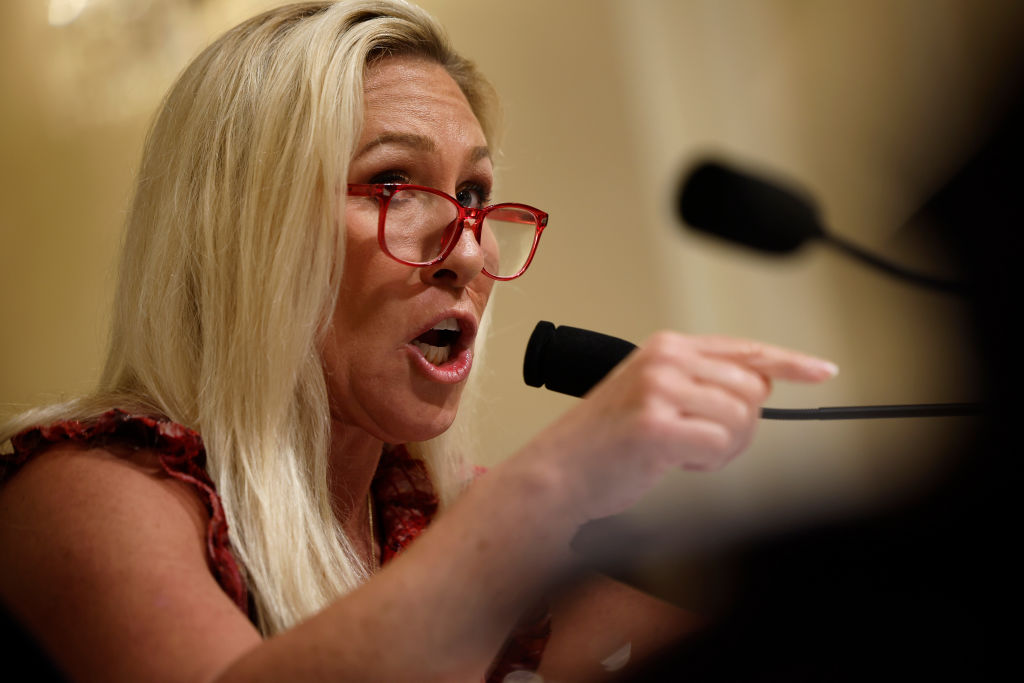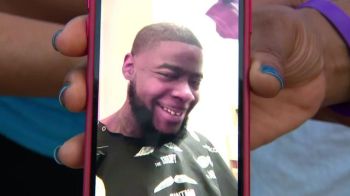Last weekend, a white sorority step team won first place in the Sprite Step Off competition, beating out black competitors from Divine Nine organizations. Several people are pretty bothered by this. Howard University’s student newspaper, The Hilltop, wrote an article rounding up people’s reactions to Zeta Tau Alpha sorority’s victory. While some were happy for the team, others were perplexed and upset: “Sprite didn’t do a good job explaining the show; they manipulated the crowd. I thought the Zetas were more of a showcase. I thought this was a Divine Nine event,” said one student.
“Sprite used the step off to exploit black culture,” said another.
RELATED: White Sorority Wins Sprite Step-Off Competition
And, finally, “How are you going to take something that’s ours, and give it away?”
That notion—that a particular form of cultural expression can be “ours,” for Black people only—is common, and isn’t entirely without merit.
Text continues after gallery …
After all, over the centuries, Black people in the U.S. have been the creators of many cultural institutions, trends, and activities. While white folks were busy banning us from … pretty much every single thing ever, we went off created our own legacy. So things like HBCUs, the Divine Nine, and hip-hop were all born. And at the outset, these things were very much ours—we were the primary participants and happy to remain as such, and people of other races weren’t clamoring to associate themselves with us anyway. But as American society has become less segregated, so too has American culture, creating opportunities for several awkward “white interloper” moments just like the step off.
Remember Joshua Packwood, the white Morehouse valedictorian from a few years back? What about the white woman who won this year’s Miss Hampton pageant? And surely no one could forget Eminem, white rapper extraordinaire. In each of these instances, the sense that white people were swooping in and “beating us at our own game” was keenly felt by some people, many of whom weren’t shy about expressing their ire.
RELATED: JUST CURIOUS: Is It Racist To Hate On The White Miss Hampton?
But understandable as that response may be, Black people simply can’t have it both ways. We can’t demand genuine respect for our music, our traditions, and our colleges and then expect people merely to worship from afar. It’s only natural that respect and admiration for historically Black cultural traditions would spawn a desire among people of all races to participate in them.
Even if that participation means competition—academic, musical, or otherwise—we should be confident enough in our own abilities that we aren’t compelled to practice exclusion. And in those moments when are out-stepped by a white group, out-rapped by a white emcee, or outperformed in the classroom by a white student, that isn’t a signal that the outsider needs to be thrown out. Rather it means we need to work harder and do better, the same as we would if someone of our own race had bested us.
















